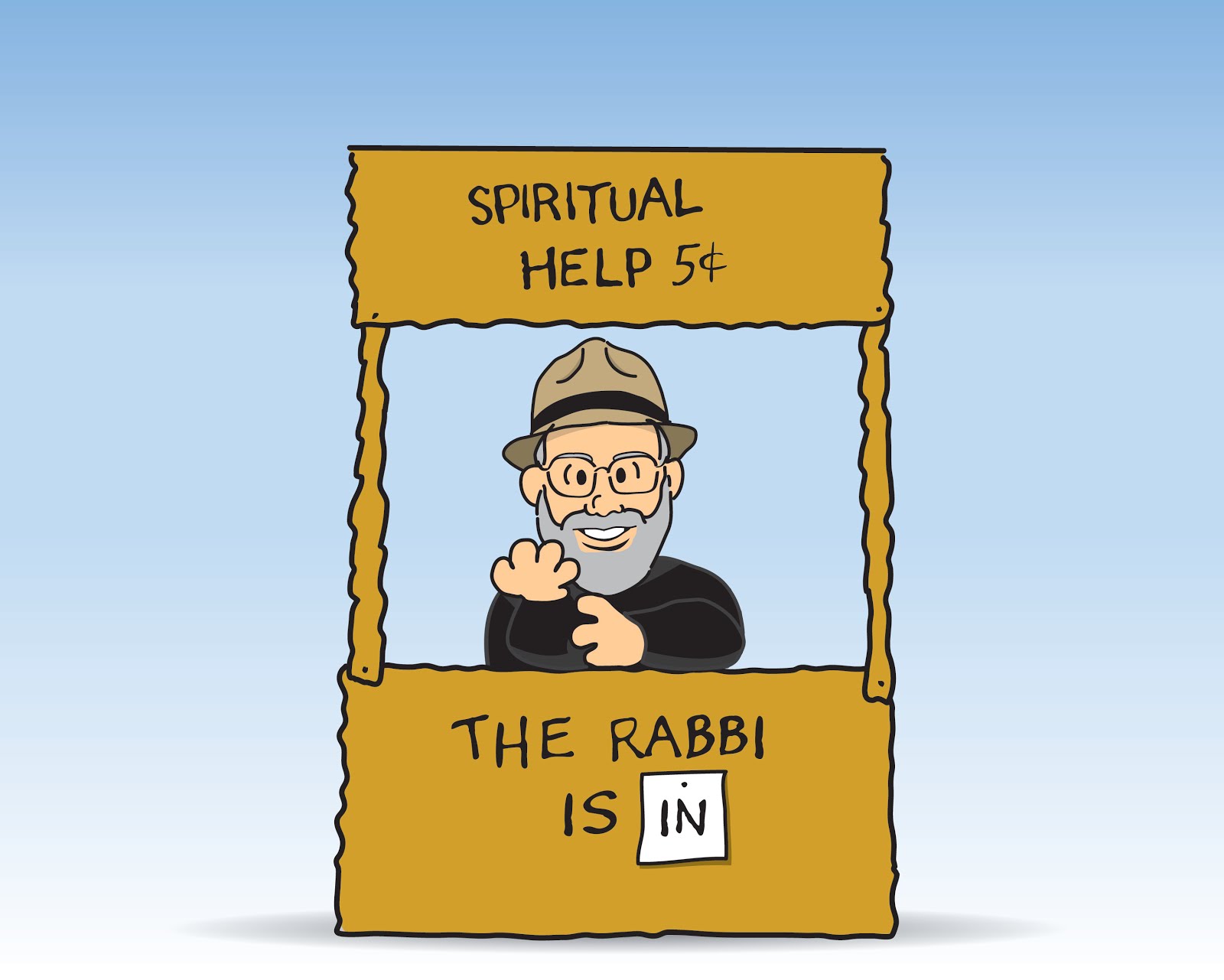This morning in my God of Science/Science of God class at Middle Tennessee State University we explored anthropologist Barbara King’s new book Evolving God. The gist of our conversation centered on Dr. King’s notion that humans evolve toward greater and greater levels of belongingness at some point needing to belong to supernatural communities of gods, spirits, and God. Whether or not such realms exist is not Dr. King’s concern. Religion, she says, is a natural expression of the human need to belong.
King also introduced us to Karen Armstrong’s fabulous phrase “ethical alchemy.” For Armstrong religion at its best is the alchemical transformation of the human from concern solely with self to concern for others to concern for all others, human and otherwise.
When I read Armstrong in the context of King, I found that blending belongingness and ethical alchemy provides us with a scientific means for defining religion and measuring the spiritual maturity of any given religion.
Religion is the practice of cultivating compassion for more and more inclusive levels of being in order to facilitate more and more inclusive levels of belonging.
Belonging alone is not enough. One can be predisposed to belong and find your need to belong met by becoming a Nazi and hanging out with fellow Nazis. Compassion alone is not enough: Hitler loved his Eva and, so I am told, his dog. If however we take King’s evolutionary approach and assume that belonging to more inclusive communities is more evolved than belonging to less inclusive communities, and link that with Armstrong’s ethical alchemy of compassion we can say that the hallmark of a healthy and evolved religion is its capacity to nurture belonging to and feelings of compassion for greater and greater circles of reality: matter, life, mind, soul, and spirit (to borrow from Ken Wilbur’s Great Nest of Being).
This of course has nothing to do with creeds, sacred texts, rituals, symbols, holy days, and the like. These are also part of religion, and we can look at them through the lens of ethical alchemy, asking, To what extent does this book or ritual broaden one’s circle of love? The answer to this question is measurable and hence scientific, and can be used to rank religions and religious practices on an objective scale from less to more loving.
Needless to say I am walking on thin ice here. Yet the purpose of our class is to take a hard look at where science and spirituality can talk to one another to each other’s mutual benefit. Today I think we did just that.
PS: The God of Science and the Science of God class is part of the Mobius Center for Science and Spirituality, a joint project of MTSU and my One River Foundation. We will post this class on line over the summer. A second video-based project called “10 Questions” will explore students’ thoughts on religion and spirituality. This too will be available on the Internet. I want to thank all of you who have donated to Mobius and invite others interested in science and spirituality to help us as well. Email me if you want to learn how you can help.
Thursday, February 01, 2007
Subscribe to:
Post Comments (Atom)


No comments:
Post a Comment